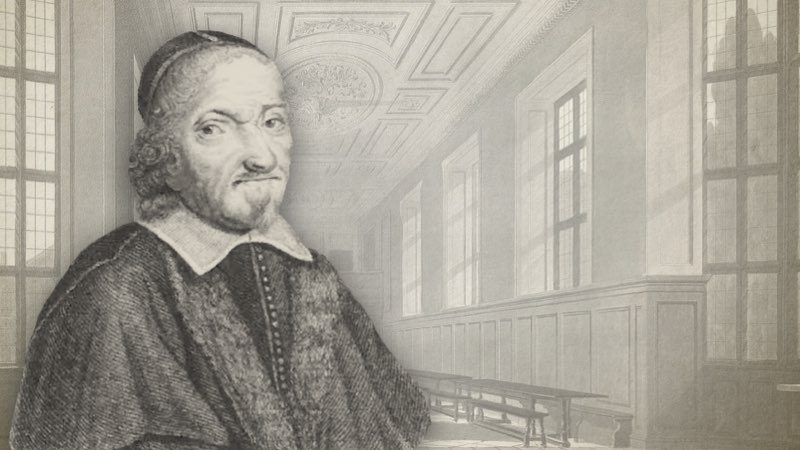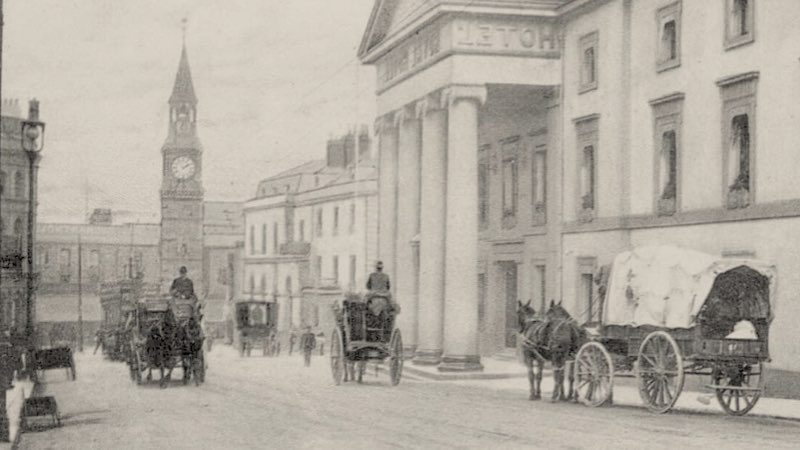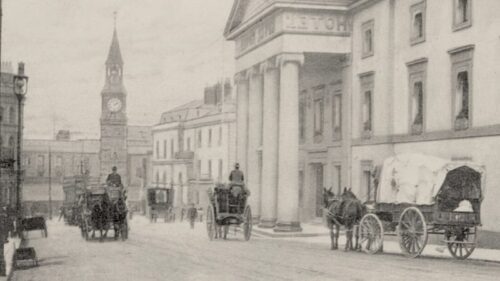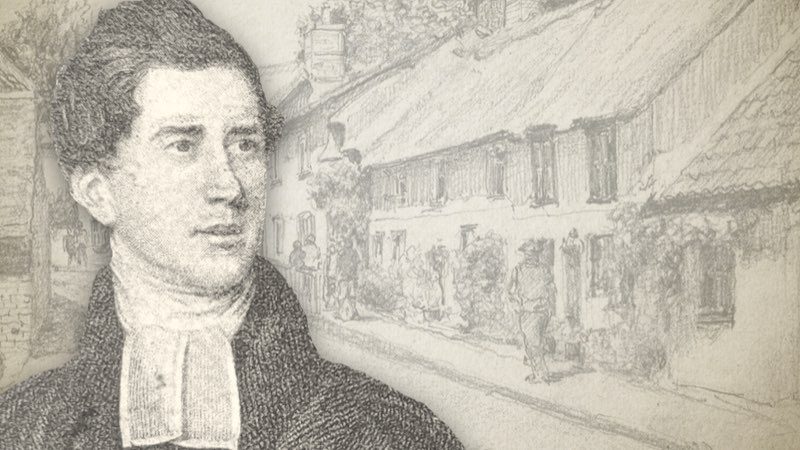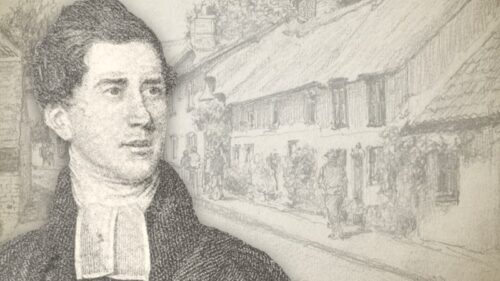-
Miles Coverdale: Superintendent-At-Large Of The Reformation
Miles Coverdale was born in the North Riding village of Coverham in 1487. Little is known of his early biography apart from the fact that he studied philosophy and theology at Cambridge University, gained his doctorate at Tübingen, Germany and was ordained priest at Norwich in 1514. Thereafter, Coverdale became an Augustinian monk, spending some ten years in the service of the Roman Catholic Church. Coverdale got on very well with his superior Robert Barnes, called by John Strype ‘the great restorer of good learning’, who was later to experience a martyr’s death under Henry for his reforming theology. Coverdale and Barnes found access to the doctrines of grace through Augustine’s works which pointed them to the Bible. Both men then gathered together students and…
-
The Life And Death Of Arthur Triggs
Long before this Number of the Gospel Magazine is in the hands of its readers, they will doubtless have heard of the removal to his eternal inheritance of our late valued friend and occasional correspondent, Mr. Arthur Triggs. He now realizes, in all their fulness and power, those glorious things upon which, during a lengthened ministry, he was wont to dwell. That “most glorious Christ,” whose sacred person was his all-engrossing theme, now stands revealed to him in all His perfection, loveliness, and glory. The consciousness of this fact brings to our remembrance a little circumstance in connexion with his ministry when he was in the zenith of his popularity as a preacher. He was preaching on a Sabbath evening, as was usual, to a…
-
The Life And Legacy Of Arthur Triggs
This honoured servant of God was born in the village of Kingston in Devon on April 23, 1787 of poor parents and in a cottage made mostly of mud. So desperately ill was he as an infant that the doctor gave him up and said he must die; his tongue was black and hanging out and his poor mother placed upon it a slice of broiled pork and to everyone’s amazement his tongue began to move and he sucked the nourishment till he began to mend. This is but one of the extraordinary providences which he passed through. But the amazing deliverances wrought by God did not touch his soul with gratitude and he lived in vile company with hatred to God. He “wanted to…
-
The Life And Testimony Of Arthur Triggs
Dear Sir,—It is seldom that the pen of your writers is employed in describing the history of one so eminently taught to preach the gospel of our Lord and Saviour Jesus Christ as was our dear departed brother Mr. Arthur Triggs. With what simplicity, power, and grandeur did he set forth the covenant love of Jehovah in His Trinity of persons, as being all engaged to ensure the salvation of lost and ruined man; of the union which exists between Christ and His body the Church,—He the Head, we the members; and of our being complete in Him. Led by the Holy Ghost to enjoy a personal interest in that union, he was often wont to adopt a higher tone of expression than could many…
-
The Life And Ministry Of Arthur Triggs
Mr. Triggs, whose portrait accompanies our present Number, was born at Kingston, in Devonshire, in the year 1787, and first entered the ministry in 1817. For the last fifteen or sixteen years he has laboured over a church at Plymouth. From his very interesting book, entitled, “A Memorial of the Loving-kindnesses, Tender Mercies, and Sovereign Grace, of the Lord God of Israel,” we find that he was originally brought up to the trade of a stone-mason. In the work referred to he furnishes the reader with many very striking interpositions, both in providence and grace, to which he can bear testimony in his own experience. Those who were favoured to hear the late beloved Dr. Hawker, during his life time, cannot, in our opinion, but…
-
The Life And Legacy Of William Nunn
The Rev. William Nunn, the beloved and regretted minister of St. Clement’s Church, Manchester, was born May 13th, 1786, at Colchester, in Essex. He came into this world of sin and misery a weak and tender infant; for the first two or three years of his life he was so much afflicted, that it was frequently thought he was dead or dying. Little did his friends then anticipate that so fragile a bodily frame contained the spirit of one who would afterwards become an untiring labourer in the Gospel field. But “God hath chosen the weak things of the world to confound the things which are mighty;” that according as it is written, “he that glorieth, let him glory in the Lord.” As Mr. N.…

